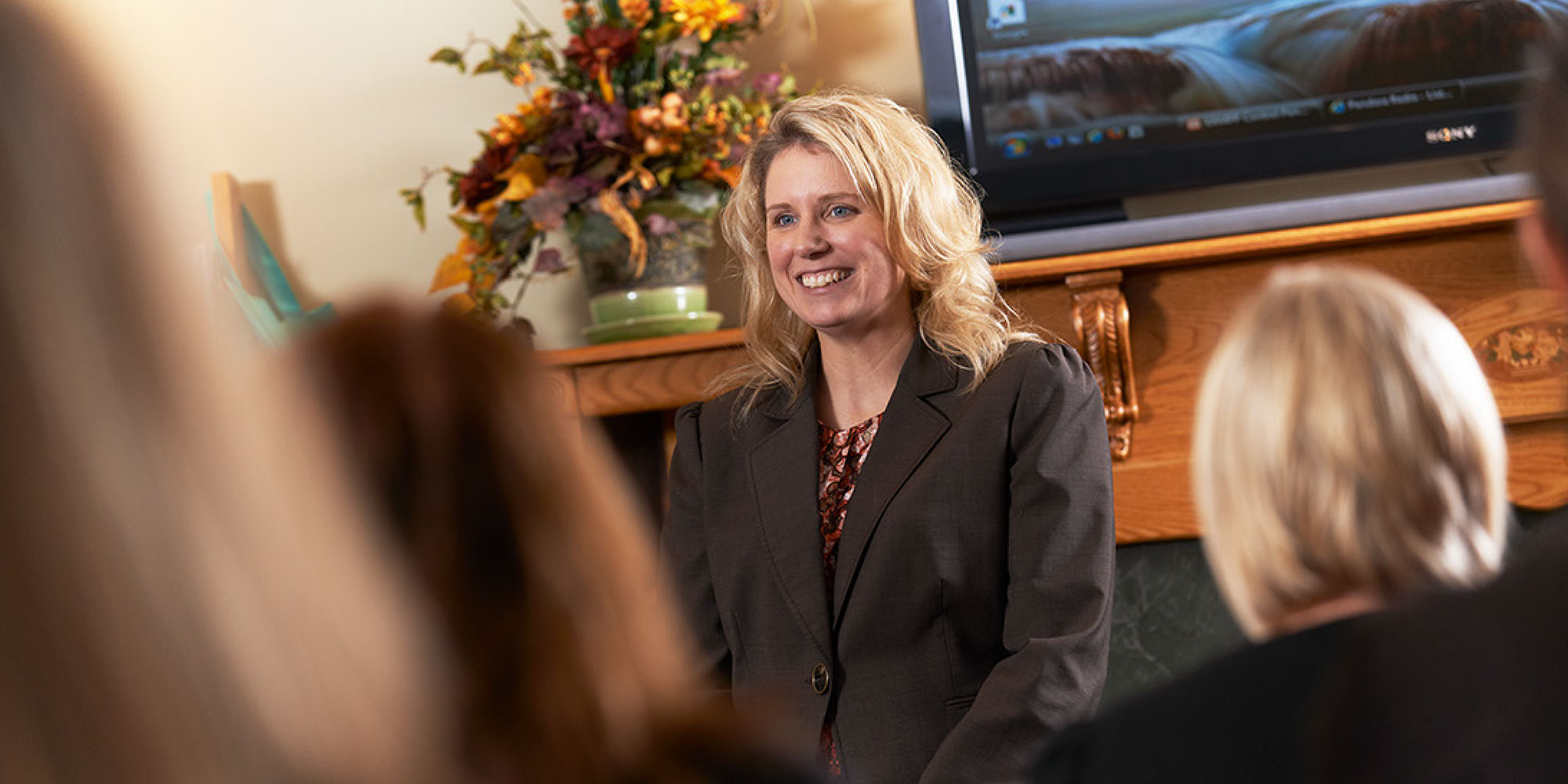QUESTION ONE: Will Medicare pay for my skilled nursing or rehabilitation services?
In order for Medicare to pay for these services, specific requirements must be met:
1. You are enrolled in Medicare part A.
2. You have days left in your Medicare part A benefit period.
3. Your physician recommends skilled nursing or rehabilitation services.
4. You were admitted to a hospital and received care for at least 3 days.
5. You are receiving your skilled nursing or rehabilitation in a facility that accepts Medicare.
If you meet the qualifications, Medicare will pay for the first 20 days in a nursing and rehabilitation center. For days 21-100, Medicare pays 80% of the charges and you pay $170.50 (2019 co-pay) or $176 per day (2020 co-pay), unless your coinsurance covers these costs.
Please note that you may not qualify for the full 100 days if your condition is not improving and your physician and therapy team no longer recommend the skilled nursing or therapy services.
If you do not have traditional Medicare benefits, you will need to call your health insurance plan to learn more about your coverage. Some plans do not offer the full 100 day benefit period.
QUESTION TWO: What happens when my insurance coverage ends?
If you require custodial care after your insurance benefits end, the nursing home will bill you a daily private room and board fee. The facility can also charge additional fees for laundry, beauty/barber services, and medical supplies. You will be charged separately for your medications. The 2019 average cost of care per day in Pennsylvania is $10,420.14 per month.
QUESTION THREE: Can the nursing facility take my home?
The nursing facility will not take ownership of your home. However, there may be a need to sell your home to cover the cost of your care after your insurance benefits stop paying. Through estate planning, an elder law attorney can assist you in exploring options on how you can protect your home and assets from the cost of your care. If you are married, there are special spousal impoverishment rules to protect your spouse from losing their home.
QUESTION FOUR: How do I qualify for Medicaid benefits to pay for my care?
If you are single, and your gross monthly income is less than $2,313, you may qualify for Medicaid as long as you have less than $8,000 in countable resources. If your gross monthly income is over $2,313, you may qualify for Medicaid as long as your resources are under $2,400. Your home does not count when calculating eligibility, as long as you plan on returning home. Medicaid also excludes one motor vehicle, certain life insurance policies, and irrevocable burial accounts.
If you are married, you will be required to file a resource assessment form with the county assistance office. The Resource Assessment is a list of assets you owned on the date you were admitted to the nursing facility. The Department of Human Services will calculate a protected share for your spouse living in the community. The community spouse can keep one-half of the countable resources. The maximum resources a spouse can protect for 2019 is $126,420 and the minimum is $25,284. There are certain assets that do not count when determining a protected share, such as one motor vehicle, certain life insurance policies, the community spouse’s retirement account(s), and irrevocable burial accounts. Once the spousal share is calculated, you will be required to spend down the excess resources determined by The Department of Human Services.
Medicaid has a five-year look back for gifting. If you have made a countable gift within five years of application for Medicaid nursing home benefits, you will be issued a period of ineligibility once you have met the resource spend-down. For example, if you gifted $10,000 to a grandchild to help with college tuition, the Medicaid office will issue a period of ineligibility for 29 days ($10,000 ÷ $342.58 penalty divisor = 29 days).
QUESTION FIVE: Will the nursing home keep my income once I qualify for Medicaid?
Once you qualify for Medicaid, you will be required to contribute your monthly income towards the cost of your nursing home care. The amount you have to pay is calculated by totaling your gross monthly income, and subtracting out a $45 personal needs allowance, your health insurance premiums for Medicare B and D, and your coinsurance. After deducting these expenses, you are required to pay the difference to the nursing home.
Depending on how your physician completes a medical evaluation required by The Department of Human Services, you may be entitled to keep an additional home maintenance deduction for up to 6 months from the date of admission.
If you are married, your spouse may be entitled to keep a portion of your income.
Paying for long-term care and qualifying for Medicaid can be very confusing. At Steinbacher Goodall & Yurchak, we offer a FREE initial consultation to help you understand your insurance coverage and how to qualify for benefits to pay for your long-term care costs.
You can reach our office at 1(800) 351-8334 or find us on the web at www.paeldercounsel.com.








Get the answers you need
Question or CommentDo you need assistance finding the information you need? Have a comment about our website or services? Click the button below to send us an email! We're always happy to help.